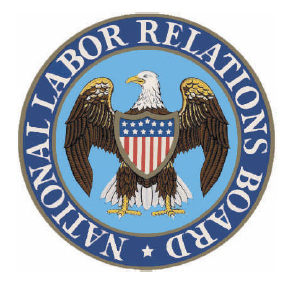|
Listen to this Article
|

While the complaints addressed by the Board were specific to McDonald’s, the potential effect of the decision is much wider.
Detractors wasted little time in expressing their strong dismay over the NLRB’s decision. Calling the decision “wrong and unjustified,” International Franchise Association executive Steve Caldeira suggested that the decision not only contravenes longstanding legal precedent, but “threaten[s] the sanctity” of the franchisor-franchisee relationship. Others take it a step further, suggesting that such decisions will “essentially destroy” the franchise business model.
What is missing from these criticisms, however, is any commentary whatsoever on the potential impact that this decision will have on those who work for companies like McDonald’s, not to mention the immense amount of control that some franchisors exercise over the business practices of their franchisees.
To be sure, many franchisors exercise considerable control over the way their franchisees conduct themselves. Such an interest in keeping close tabs is understandable. Given the potential harm that the behavior of one franchisee could have on a franchisor’s national brand, it makes sense to include strict terms in franchise contracts. Furthermore, in light of the residual income that franchisors typically reap from each franchise they sell, it should be unsurprising that such terms often include setting employee wages and schedules, as well as work rules. In the case of McDonald’s, franchisees are even required to use a specific software program for labor management.
To conclude that a franchisor with that much control is a joint employer is hardly a radical departure from well-established law as critics may suggest. For decades, the U.S. Supreme Court has acknowledged that the test for employment under the Fair Labor Standards Act is the “economic reality test.” See Goldberg v. Whitaker House Co-op., Inc., 366 U.S. 28, 33 (1961).
As the Ninth Circuit has held, the economic realities test requires that courts “consider the totality of the circumstances of the relationship, including whether the alleged employer has the power to hire and fire the employees, supervises and controls employee work schedules or conditions of employment, determines the rate and method of payment, and maintains employment records.” Hale v. State of Arizona, 993 F. 3d 1387, 1394 (9th Cir. 1993) (citing Bonnette v. California Health and Welfare Agency, 704 F.2d 1465, 1470 (9th Cir. 1983)) (Emphasis added). Thus, given the considerable control McDonald’s exercises over franchisee employees – including work schedules, rates of payment, and labor management – the NLRB’s decision to name the franchisor as a joint employer is hardly out of step with the Supreme Court’s longstanding test for employment.
Finally, it should be noted that while mid-wage jobs constituted a staggering 60 percent of job losses in the Great Recession, low-wage occupations such as restaurant jobs made up 58 percent of the post-recession recovery. Thus, there is considerable interest by those former mid-wage jobholders now in these low-wage positions in pursuing franchisor liability for certain working conditions. Should the NLRB’s decision stand, this joint employer status will generate strong incentives for companies like McDonald’s to begin addressing problems with working conditions that are very much under their control.




